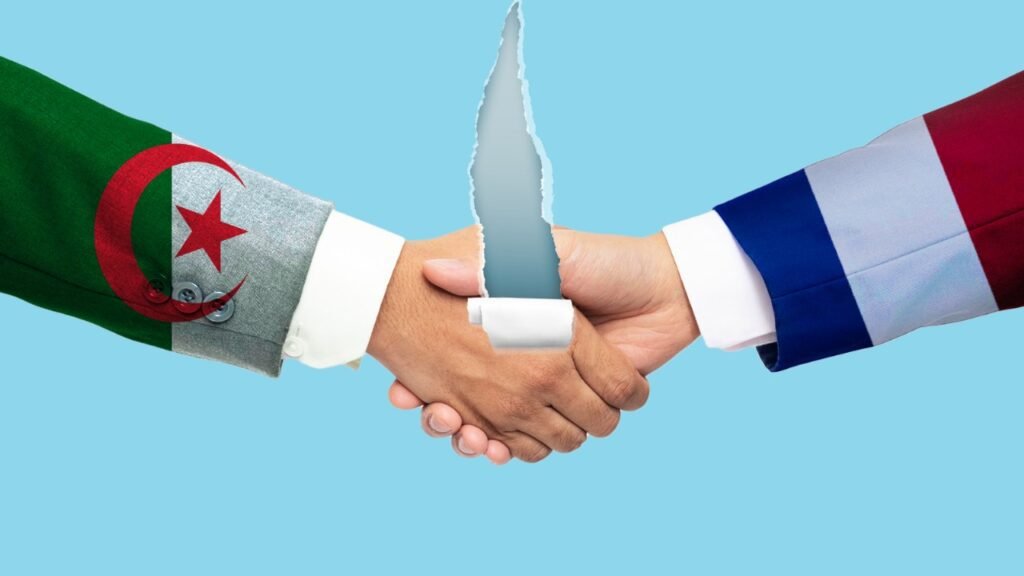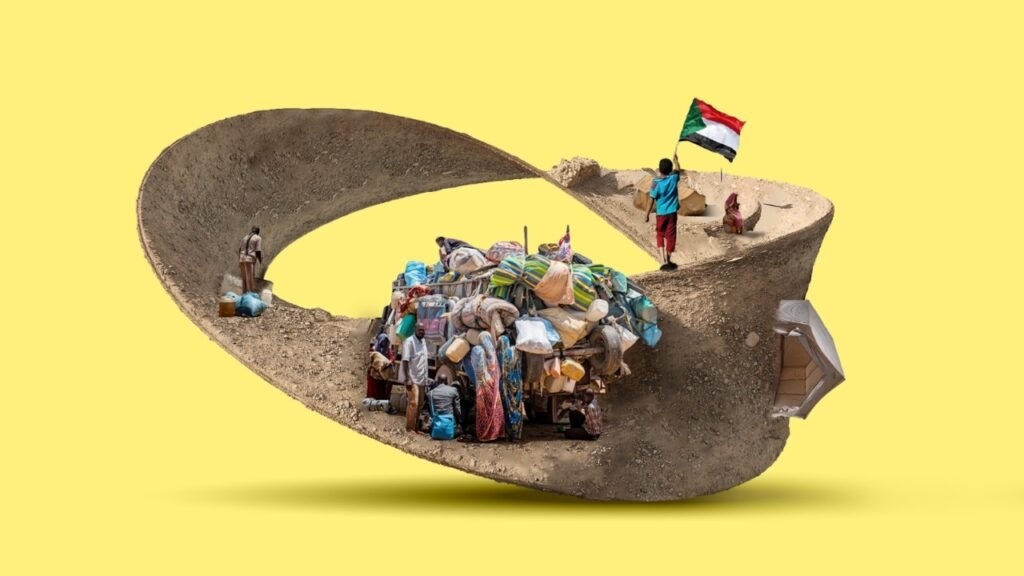Zimbabwe is once again in the throes of political uncertainty as tensions rise between President Emmerson Mnangagwa and factions within his ruling party, ZANU-PF. The country, long plagued by economic woes and governance challenges, now finds itself on the edge of a potential political showdown. Speculation of internal rifts and succession battles has fueled widespread unease, with observers questioning whether Zimbabwe is on the verge of another political crisis—or something more drastic.
In recent weeks, reports of power struggles within ZANU-PF have intensified, with insiders suggesting that Mnangagwa’s grip on power is weakening. Having ascended to the presidency in 2017 following a military-backed coup that ousted longtime leader Robert Mugabe, Mnangagwa positioned himself as a reformer. However, six years later, his administration has been marred by economic decline, inflation exceeding 55%, and a deepening humanitarian crisis. Public discontent is growing, particularly among young Zimbabweans, many of whom are either unemployed or struggling to survive under dire economic conditions.
The latest bout of political uncertainty stems from increasing tensions between Mnangagwa and his deputy, Constantino Chiwenga—the retired general who played a key role in removing Mugabe. Rumors abound that Chiwenga and his allies within the military and security apparatus are positioning themselves for a possible leadership transition. Such speculation gained traction after a series of high-profile dismissals and reshuffles within key government institutions, signaling an attempt by Mnangagwa to consolidate power and neutralize potential threats.
Meanwhile, opposition parties, particularly the Citizens Coalition for Change (CCC) led by Nelson Chamisa, remain sidelined, facing state repression and allegations of electoral manipulation. Zimbabwe’s last general election in 2023 was marred by allegations of vote rigging, with observers citing irregularities and intimidation tactics. Despite the CCC’s efforts to challenge the results, Mnangagwa’s government has cracked down on dissent, arresting activists and tightening its control over the judiciary and media.
The economic fallout from political instability cannot be ignored. Foreign investors remain wary, and Zimbabwe’s economy continues to struggle under the weight of inflation, currency instability, and an overreliance on imports. The government’s attempts to stabilize the local currency have largely failed, forcing many businesses and citizens to resort to using the US dollar. In rural areas, worsening food insecurity and erratic rainfall have exacerbated the crisis, with millions requiring humanitarian assistance.
For ordinary Zimbabweans, the current political turmoil is all too familiar. Many remember the uncertainty that followed Mugabe’s removal and fear that history is repeating itself. While Mnangagwa has pledged to serve his full term, growing dissent within ZANU-PF suggests that his hold on power is anything but secure. Whether the current tensions result in a political compromise, a party coup, or further instability remains to be seen, but one thing is certain: Zimbabwe’s political landscape is heading toward another moment of reckoning. As international actors, including the African Union and regional bodies like the Southern African Development Community (SADC), monitor the situation, the question remains whether Zimbabwe’s leaders can navigate this crisis without plunging the country into deeper turmoil. For now, uncertainty looms large, and Zimbabweans are left wondering whether change is imminent—or if they are simply witnessing another cycle of political déjà vu.




